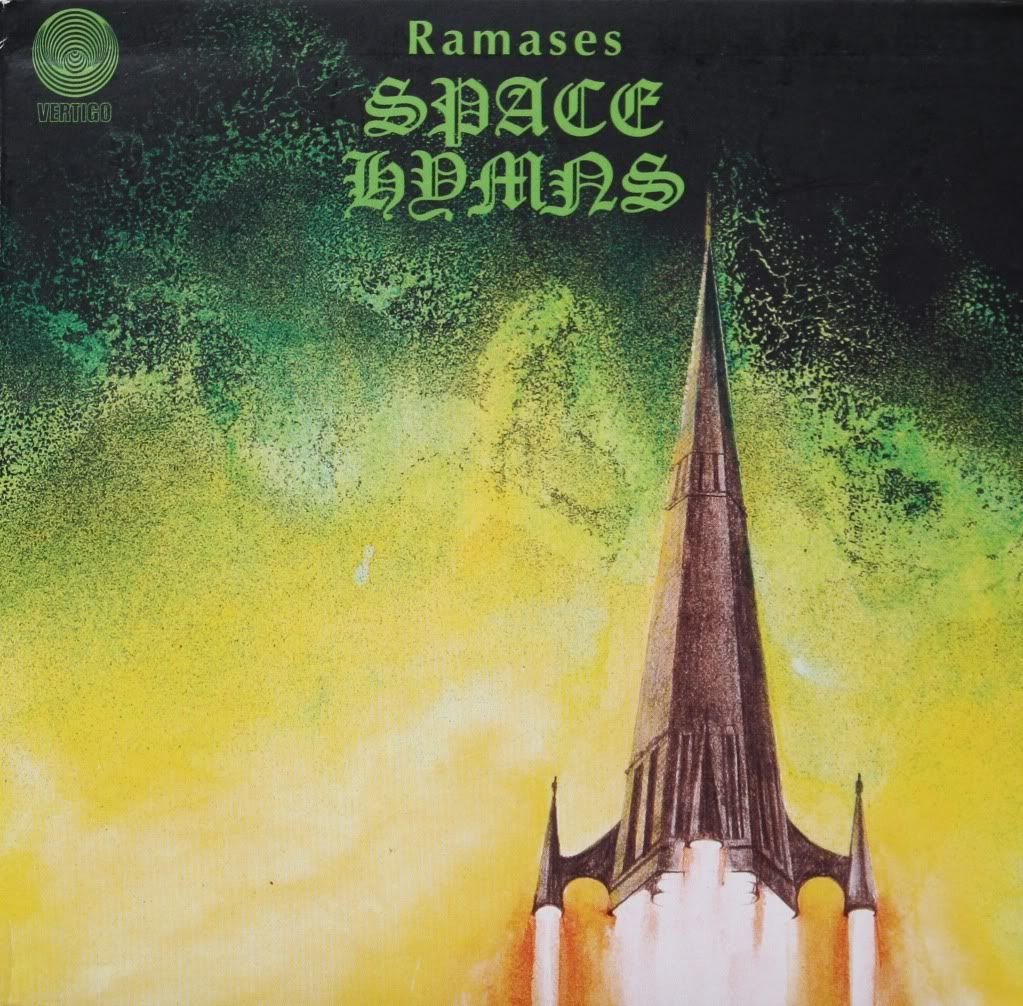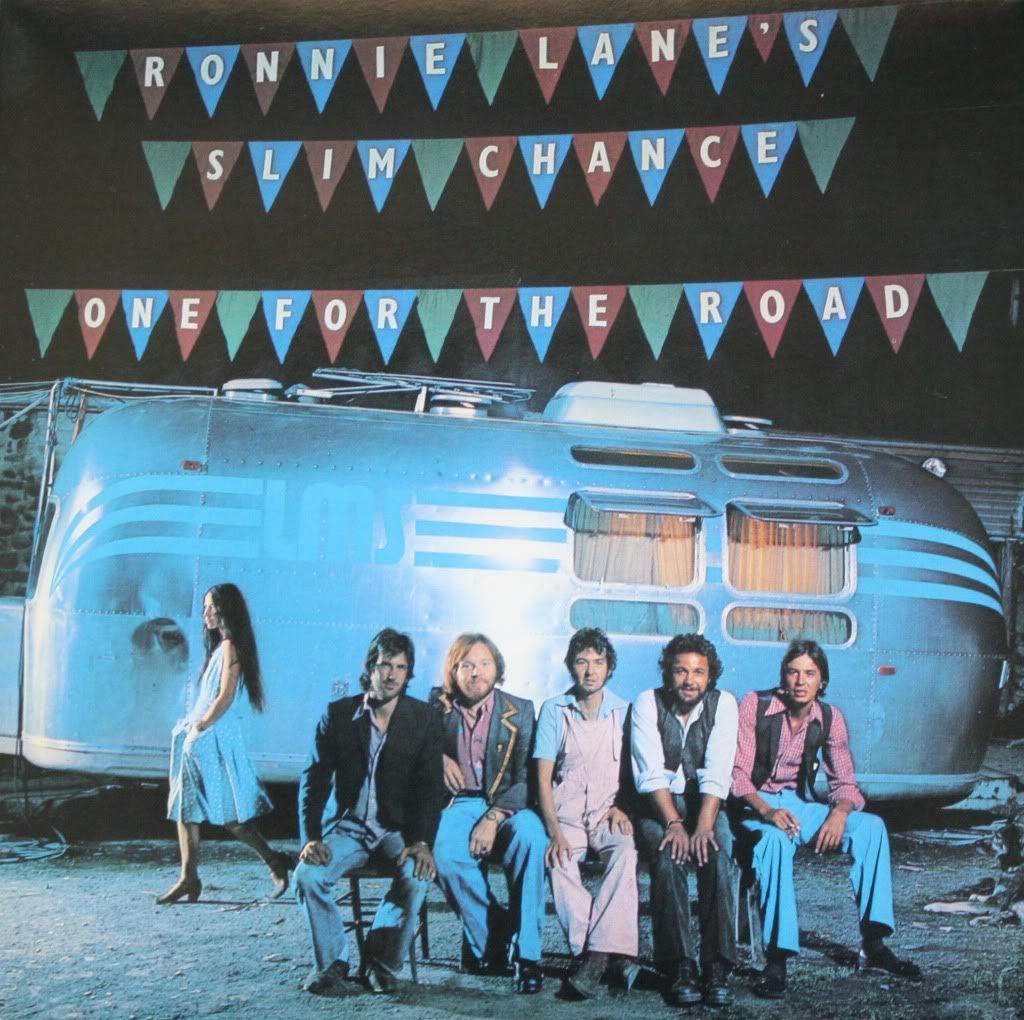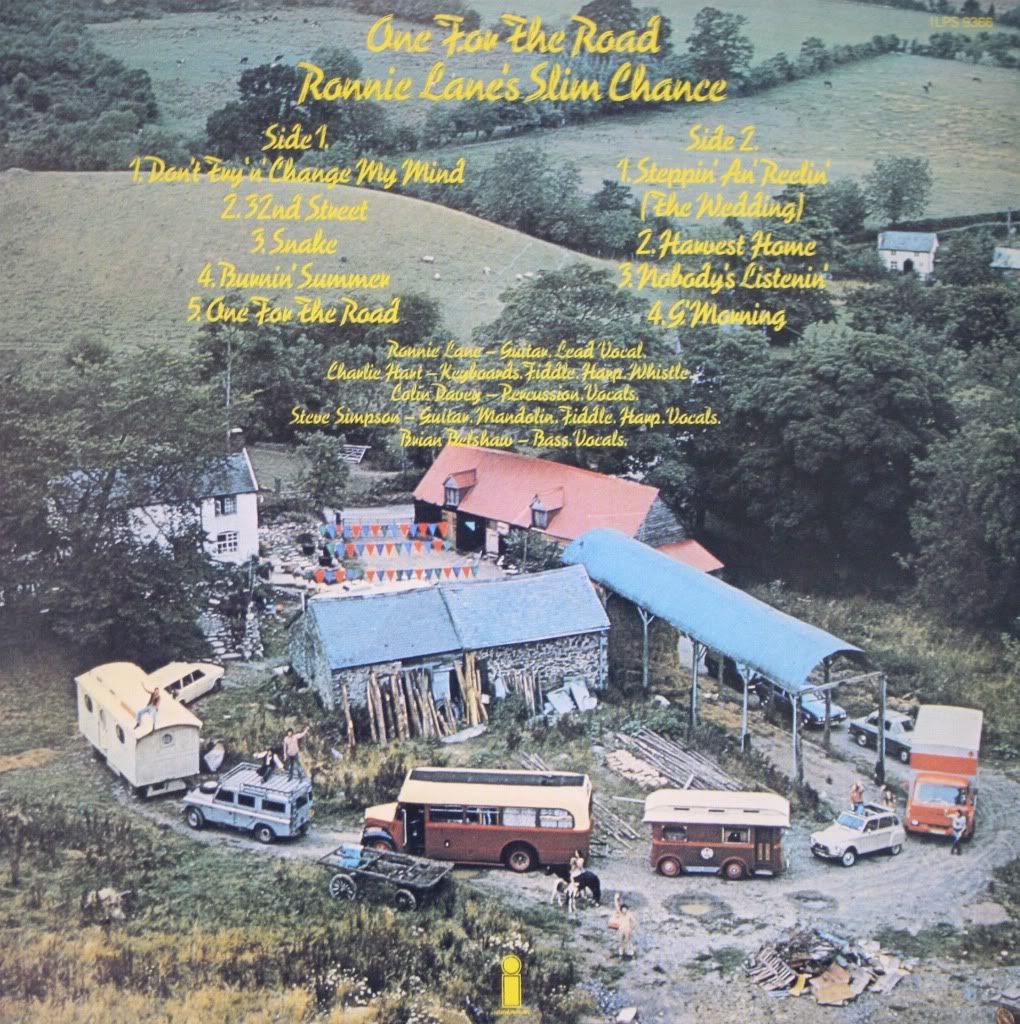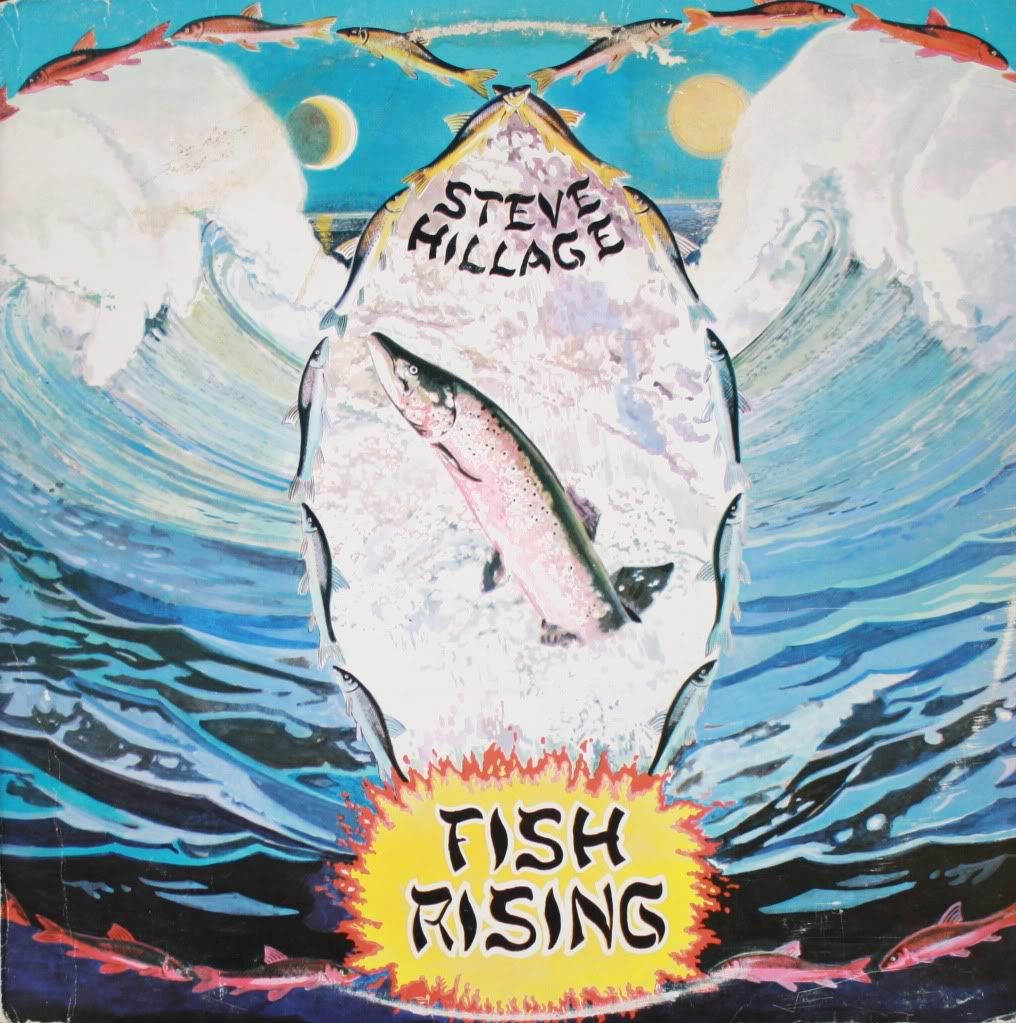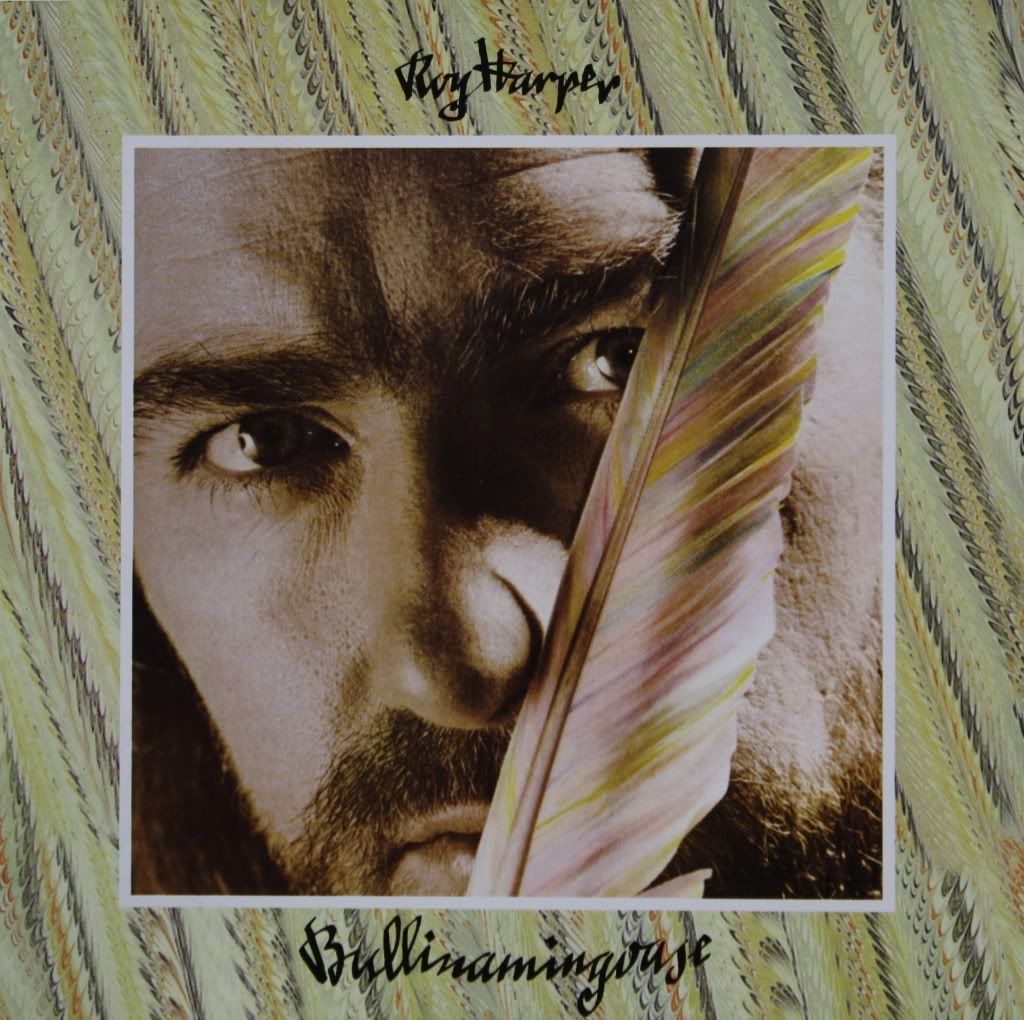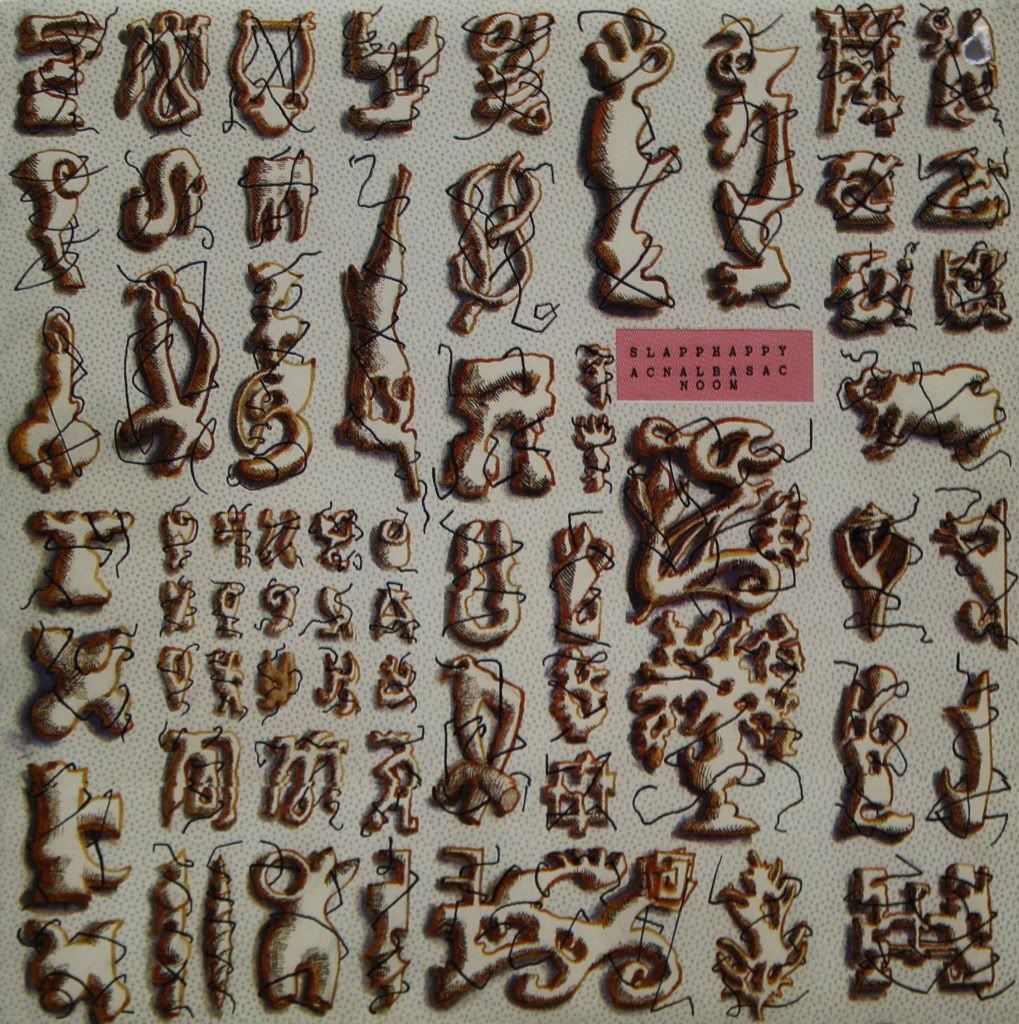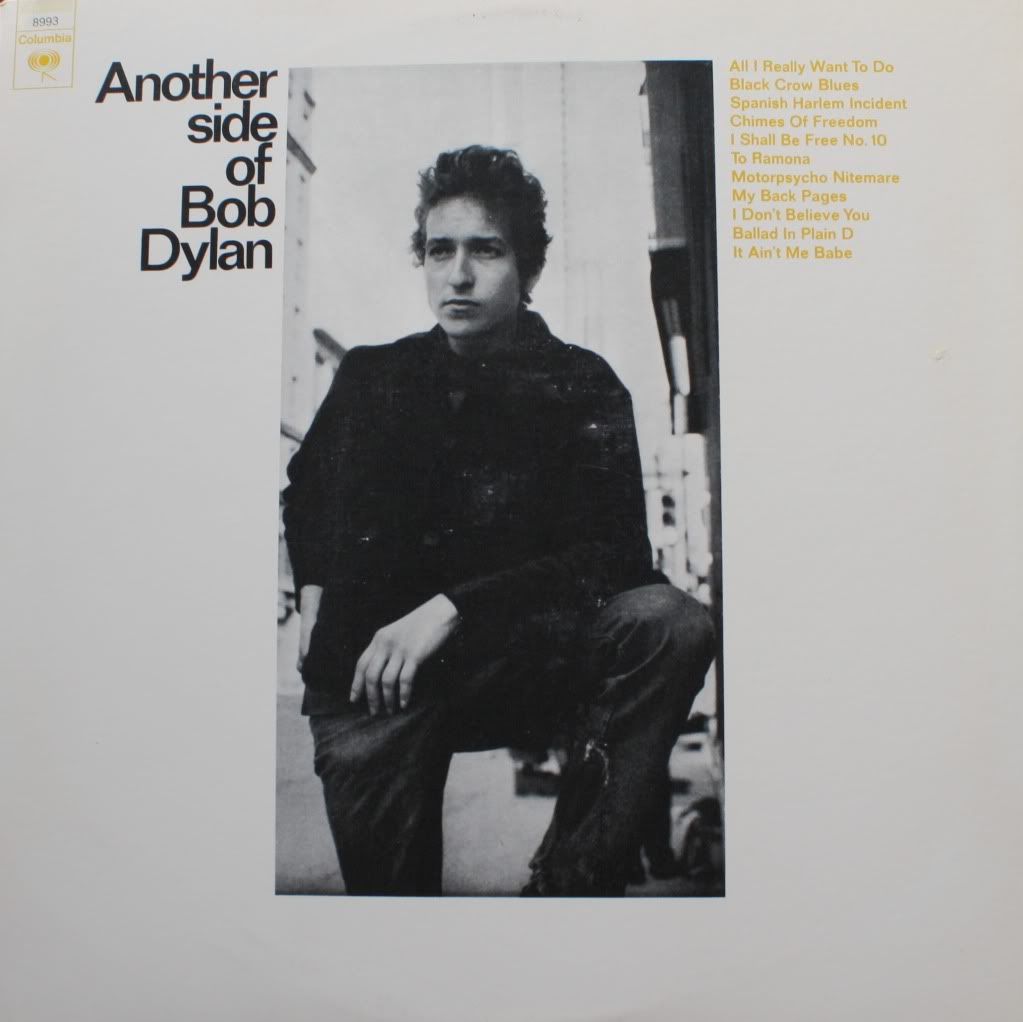Here's an obscure one. Ramases' 1971 debut is a great example of what the record label situation was like in the early 70's--with the success of psychedelia from the Beatles and the growing popularity of early progressive groups like King Crimson and the Moody Blues, major labels were much more interested in throwing wacky music at the wall to see if it would stick--commercially, that is. A lot of weird people who no present-day label would pay attention to got fully-funded releases, which makes for quite a few interesting artifacts and a few stone cold classics. This album belongs to the former category--you at least hope you're in for a few interesting moments when you know that the main guy claims to be from a different planet, sent to educate the earth people with his alien knowledge. At the very least, the concept gets us a ridiculously awesome Roger Dean cover with a church steeple taking off into space. Oh, and 10cc is the backing band.
The opener, "Life Child," is easily the hardest cut on the album, boasting a funky riff and some fuzzy guitar solos--unfortunately its promise of hard psychedelia and edgy angry affronts to the earth people is rarely repeated during the rest of the album. However, we do get quite a bit of weirdness--"Quasar One" is dedicated to Ramases' homeworld and features some pretty sweet chanting, while "Molecular Delusions" experiments with a Gregorian chant style. "Journey to the Inside" is probably the trippiest track on the disc, replete with cascading backward recordings and closing the album with Ramases somewhat interestingly discussing the fact that the distance between the planets is comparative to the distance between electrons and nuclei before losing us again by fading out saying "If you took a pill to get smaller..."
The alien concept is at times rewarding and at other times frustrating--rewarding on the rather pastoral stoned reverie "And the Whole World" as well as the mysteriously creepy "Earth-People"--then frustrating when the solution for the "Earth-People" is the return of Jesus (track 10, "Jesus"). A little creative follow-through, please? Elsewhere limp writing holds back some catchy folk-pop in "Baloon" ("just off the surface of the moon"...yikes; don't worry--he also rhymes "bubble" and "trouble" later in the same song). Aside from the songwriting issues and failure to go for broke on the weird alien concept, the music here is held back by Sel's (Ramases' wife) nasal vocals, which are usually present in the form of unison backing vocals (couldn't even write some harmony parts) as well as unnecessary repetition of vocal lines and ideas. Case in point, "Molecular Delusions," which presents an interesting 20-second idea, then proceeds to repeat it for four minutes. "You're the Only One (Joe)" has potential to be the creepiest Earth-people finger-pointer on the whole album but spoils the idea with irritating vocals that repeat again and again (is the line paying homage to Midnight Cowboy, is it an indictment of mankind's collective selfishness, or is it just annoying?).
This album always gives me a little pleasure whenever I give it a spin--at least in the act of imagining a world where record labels fund this kind of thing--but I'm always left frustrated at its many areas of unfulfilled potential.
You can find it here on CD

